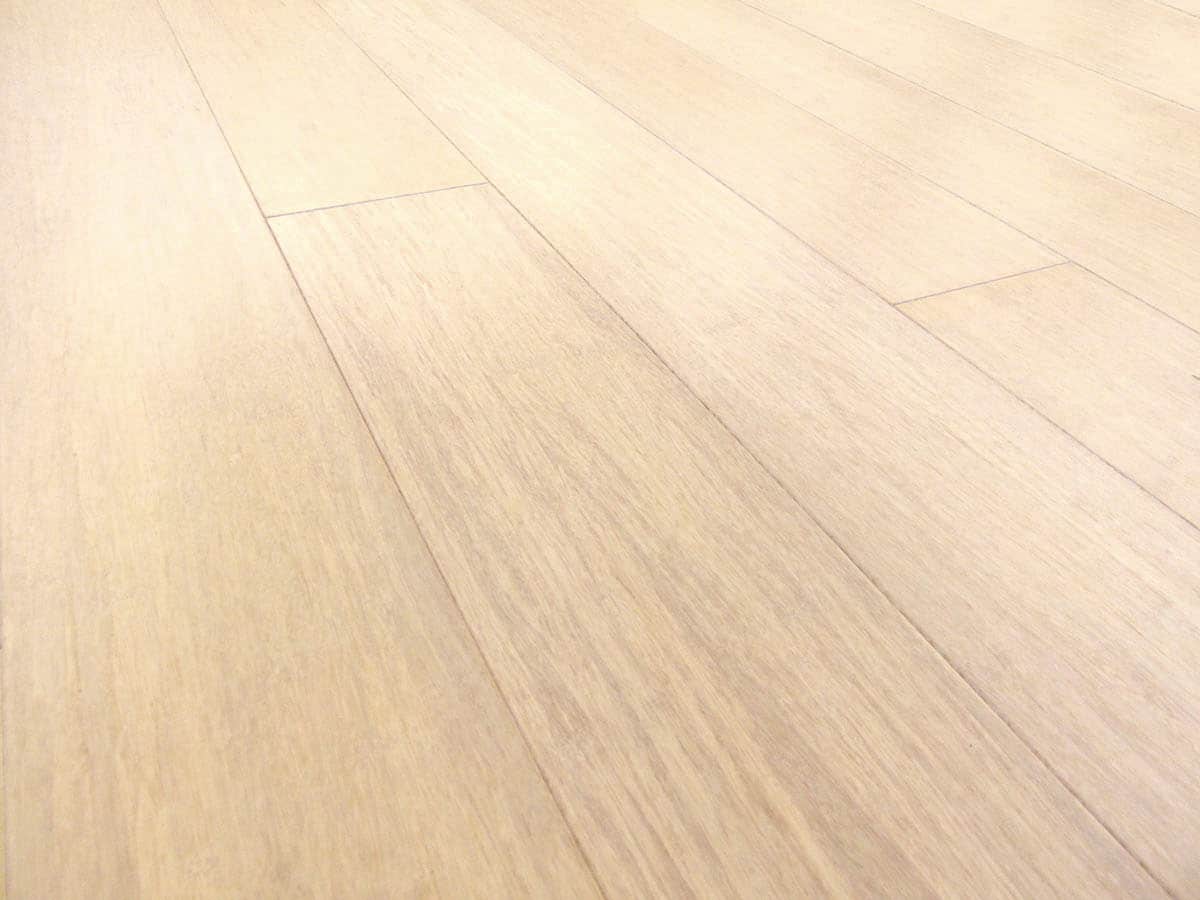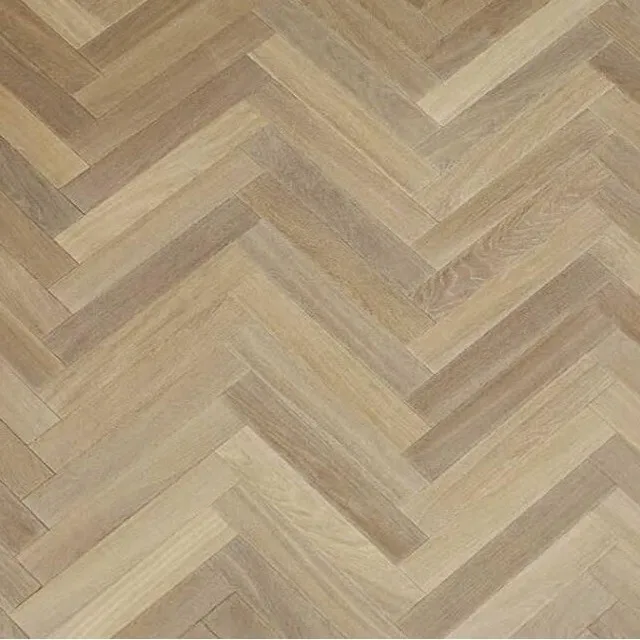

We find that bamboo composites present specific characteristics, for example lower conductivities-particularly at high density-than equivalent timber products.

Moreover, the density-conductivity relations in bamboo and engineered bamboo products are compared to wood and other engineered wood products. This provides important insights on density-thermal conductivity relations in bamboo, and for the first time, enables us to determine the fundamental thermal properties of the bamboo cell wall. Furthermore, we predict the thermal conductivity of a three-phase composite material, as these engineered bamboo products can be described, using micromechanical analysis. We utilise the transient plane source method to measure their thermal properties and confirm a linear relationship between density and thermal conductivity.

Specimens are processed from either Moso or Guadua bamboo into multi-layered panels for use as cladding, flooring or walling. Here we characterise the thermal properties of engineered bamboo panels produced in Canada, China, and Colombia.


 0 kommentar(er)
0 kommentar(er)
